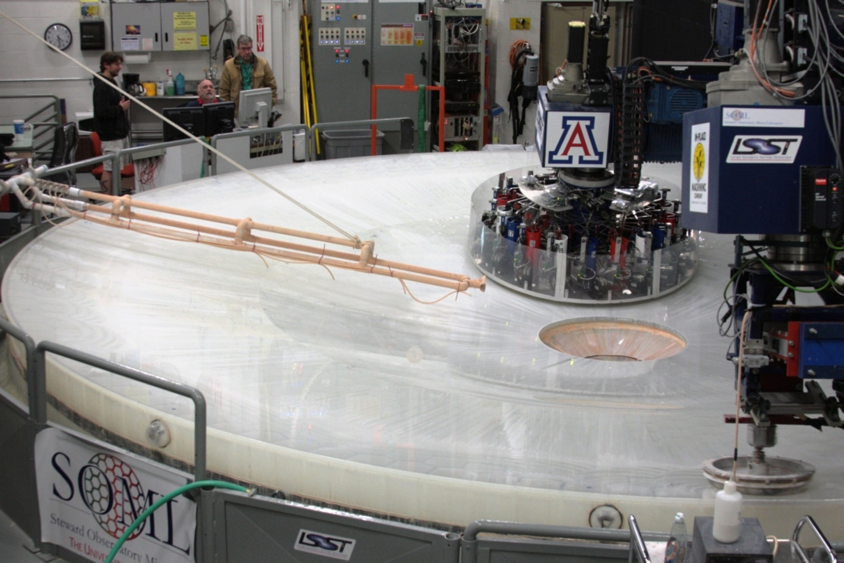While trust is genetically heritable, distrust is built through experience, according to a study by the Eller College of Management.
The study, done by Martin Reimann and Oliver Schilke of Eller College of Management, looks at trust and distrust in identical and fraternal twins to study to what degree distrust is heritable.
“There’s been a lot of talk about how can we, in society, increase people’s trust in others,” Schilke said. “Of course, the underlying assumption is that trust is a good thing.”
Schilke said that, while that may be true at the societal level, breaking trust can be harmful on the individual level.
The topic of distrust is important in both academia and society. In academia, Reimann and Schilke view distrust as an important topic because of how exactly it relates to trust.
RELATED: Cyber defense research designation could improve research opportunities
“What we see here is two separate phenomena; one is trust and the other is distrust, and they can actually co-exist at the same time,” Reimann said. “You can trust in someone’s benevolence. It’s a good person, and they’ll do good for me. But at the same time, you distrust the person and, say, his or her abilities. So, they can coexist for the same person.”
In the experiment, the twins had to share money, a trust task, to see if the other would share back. They also had to take money from someone, which is the basis of distrust. The study finds that trust has a genetic, heritable component to it while distrust is based on unique experiences.
“Building off this notion of what is called behavioral genetics, if any personality trait correlates or is more associated in the identical than the fraternal twins, then you can say there’s some form of a genetic basis,” Reimann said.
The biggest societal impact of distrust can be the health of democracy. Dr. Carolyn J. Lukensmeyer, the executive director of the National Institute for Civil Discourse, says she sees this firsthand.
RELATED: Eller professor receives award before retirement
She pointed to a recurring phenomenon in America where potential politicians campaign against the government during the election cycle. She said this pattern is important in a healthy democracy.
“It actually started in the 1980s with Ronald Reagan, and then it got picked up by the Democrats as well,” Lukensmeyer said. “Both parties have done this. People during the election cycle are bombarded with anti-government messages from the very people who want to hold power in the government.”
On the other hand, distrust in the form of healthy skepticism can also be beneficial to a healthy democracy.
“A healthy skepticism is particularly important, especially in today’s political climate with the alternative facts, with the fake news,” Lukensmeyer said. “So, if anything, we need to be teaching the skills, in elementary school, of media literacy. How does one detect if they need to be skeptical of the report they just read? Because of its source, because of the way it’s cited.”
However, an equitable balance between trust and distrust is important to maintain, Lukenmeyer said.
“Distrust just blanketed across a concept as large as government, whether it’s federal, state, or local, is dysfunctional in a healthy democracy.”
Follow Jordan Williams on Twitter.















